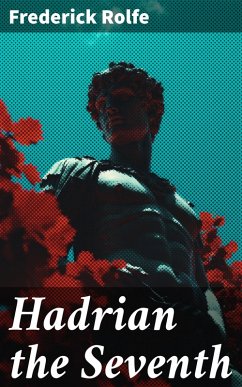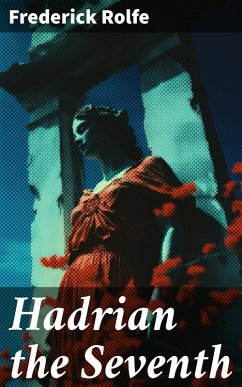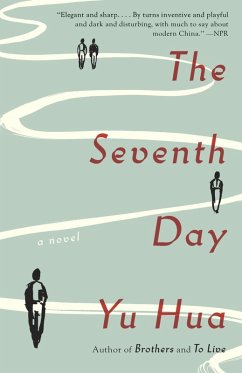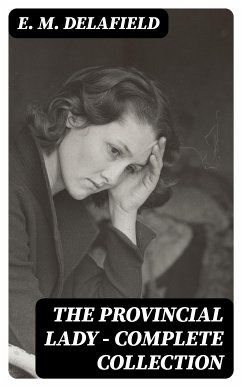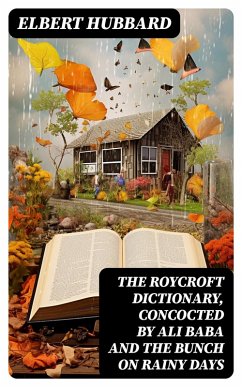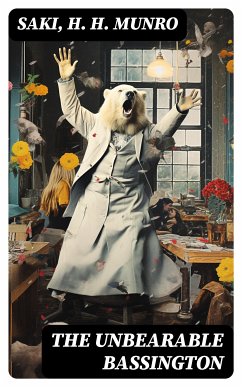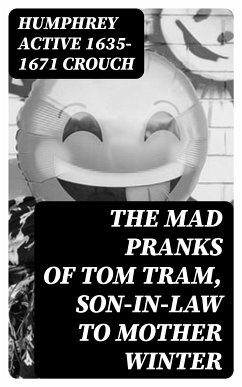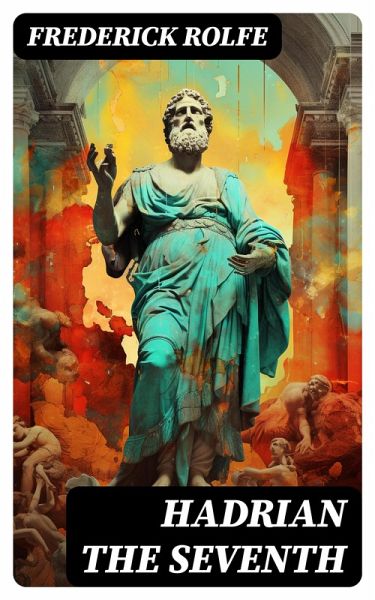
Hadrian the Seventh (eBook, ePUB)
Historical Novel - A Story of The Reformer

PAYBACK Punkte
0 °P sammeln!
In "Hadrian the Seventh," Frederick Rolfe, writing under the pseudonym Baron Corvo, crafts a richly imaginative and controversial narrative that serves as both a satire and a meditation on the nature of power, religion, and the human condition. The novel follows the eccentric protagonist, George Arthur Rose, as he ascends to the papacy, assuming the name Hadrian VII. Rolfe's prose is characterized by a baroque style, replete with striking imagery and philosophical musings, echoing the decadence of its early 20th-century context while also drawing on 19th-century literary traditions. The text e...
In "Hadrian the Seventh," Frederick Rolfe, writing under the pseudonym Baron Corvo, crafts a richly imaginative and controversial narrative that serves as both a satire and a meditation on the nature of power, religion, and the human condition. The novel follows the eccentric protagonist, George Arthur Rose, as he ascends to the papacy, assuming the name Hadrian VII. Rolfe's prose is characterized by a baroque style, replete with striking imagery and philosophical musings, echoing the decadence of its early 20th-century context while also drawing on 19th-century literary traditions. The text explores themes of divine inspiration, artistic ambition, and the contradictions within organized religion, challenging readers to confront their own beliefs and societal norms. Frederick Rolfe's life was marked by a series of personal struggles, including his tumultuous relationship with Catholicism, which profoundly influenced his writing. Born in 1860, Rolfe's experiences as an outsider-both socially and religiously-shaped his perspective. His background as both a priest and a writer allows him to fuse theological insights with vivid character portrayals, creating a narrative that resonates deeply with both the sacred and the profane. "Hadrian the Seventh" is a compelling read for anyone interested in the intersections of faith, art, and identity. Rolfe's unique blend of humor and pathos invites readers to reflect on their own moral quandaries while immersing them in a world that is both fantastical and profoundly relevant. This novel remains a significant exploration of the complexities of human desires, making it an essential addition to the canon of modern literature.
Dieser Download kann aus rechtlichen Gründen nur mit Rechnungsadresse in A, B, BG, CY, CZ, D, DK, EW, E, FIN, F, GR, H, IRL, I, LT, L, LR, M, NL, PL, P, R, S, SLO, SK ausgeliefert werden.




